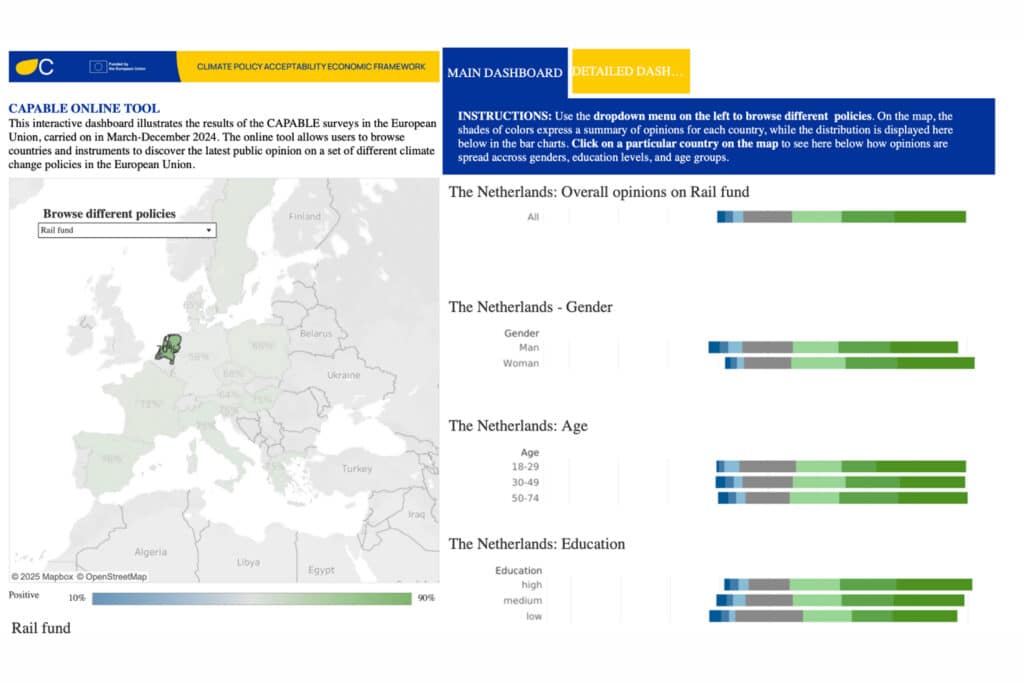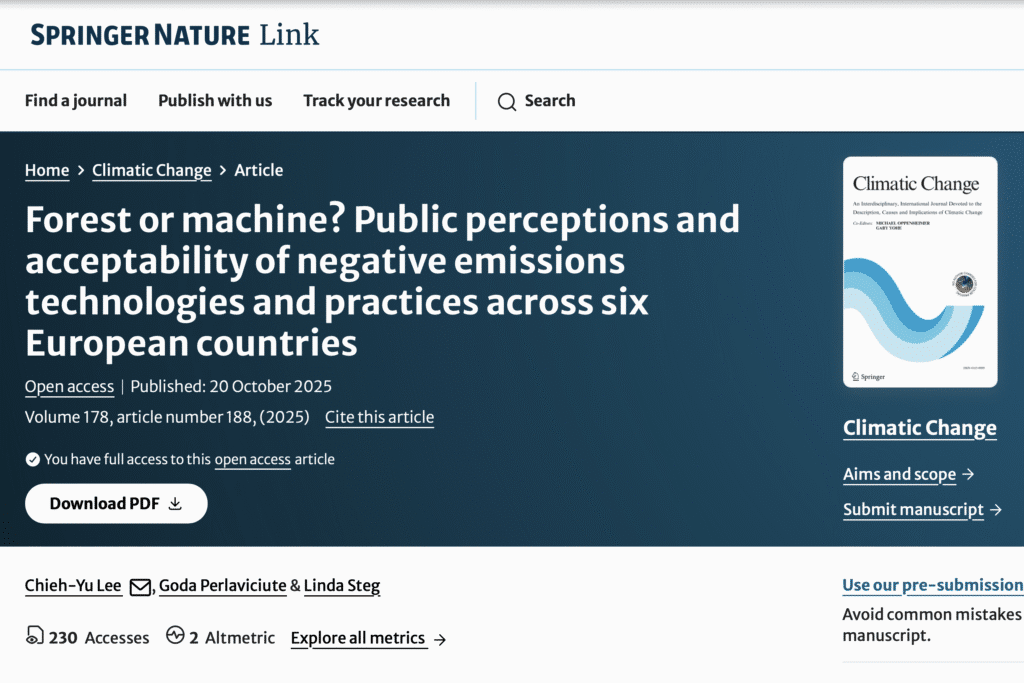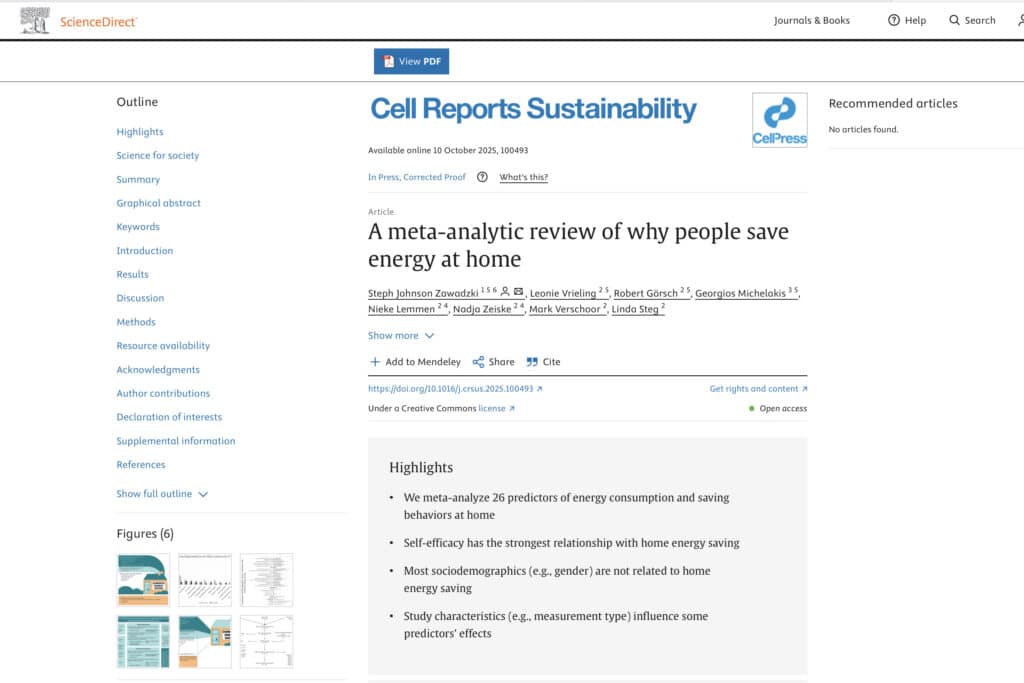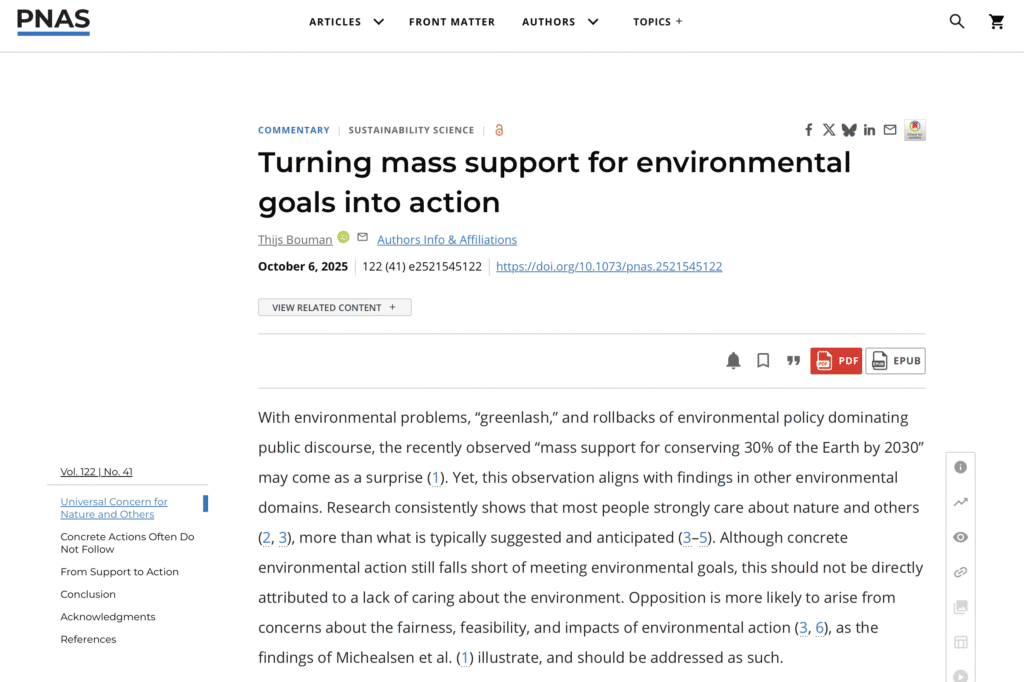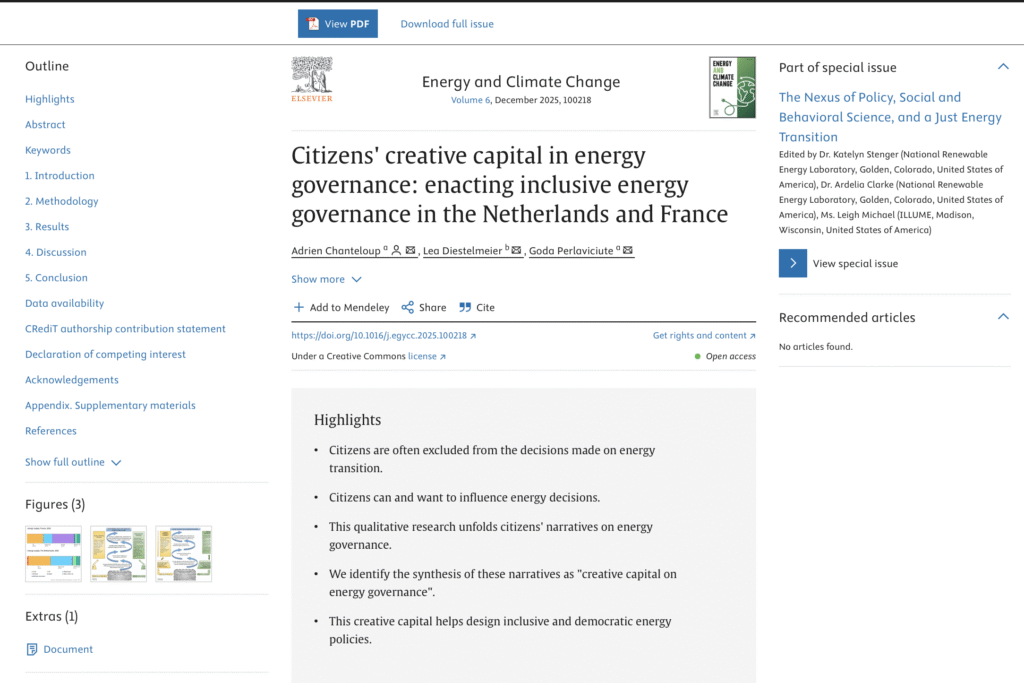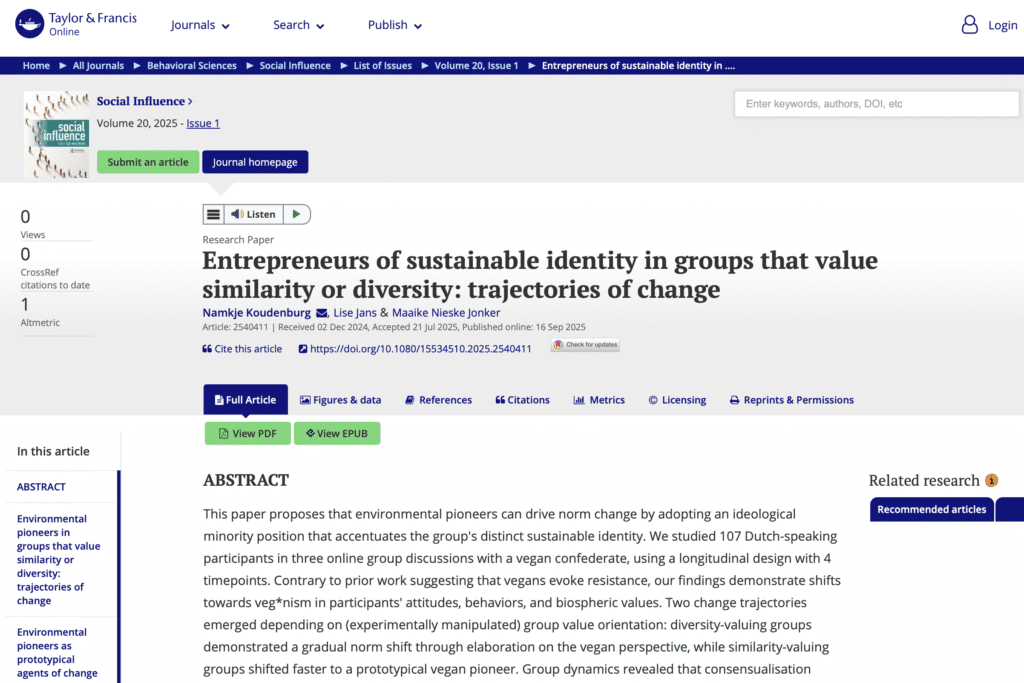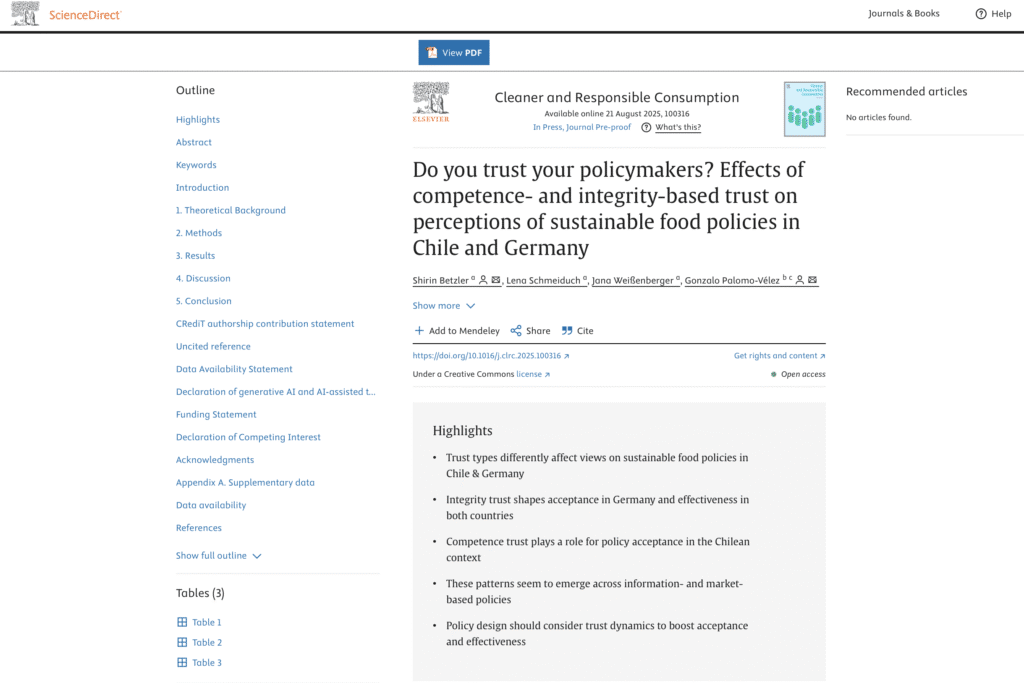As Europe has been struggling with several heatwaves this past summer, a new survey from summer 2024 reveals how much its citizens are willing to support different kinds of climate policies.
As expected, Europeans (n=19,328, 24 June–27 August 2024) strongly prefer policies which allocate subsidies for rail transport or home insulation for instance, while they strongly oppose the ones which foresee any kind of tax on polluting behaviours, like cars and meat.
This new survey highlights interesting trends in Europeans citizens’ preferences and opinions about different possible climate policies currently under discussion. These results are now browsable in an online tool which allows the user to analyse and compare opinions about a set of different climate policies in Europe.
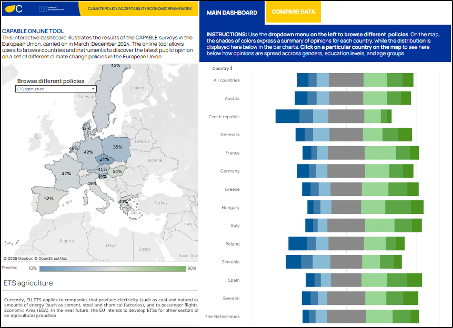
Overview of the CAPABLE online tool: See more on the online Dashboard
Our colleagues associate professor Thijs Bouman, professor Goda Perlaviciute and Žan Mlakar co-coordinated the collection of the survey data that is showcased in this online tool, along with peers at ETH Zurich.
Climate policies
This new survey – implemented within the EU-funded research project CAPABLE – finds that several climate change mitigation policies are supported by a majority of the respondents across the European Union. For instance, 70% of the European population would support the creation of an EU Rail Fund, while 55% would support both household insulation mandates and banning private planes. According to Keith Smith at ETH Zurich, lead researcher of these surveys, “these policies are likely to have greater acceptability across the EU, and can present more low-hanging fruit opportunities for policymakers”.
On the opposite side of the spectrum, certain policies are seen negatively by a vast majority of the public in all the countries surveyed, including most notably taxes, like the ones on beef and flights and bans, or the ones on fossil fuel cars, receiving the lowest scores (blue rows in the figure below).
Countries
Also across countries, some wide differences are noticeable. South-European countries, such as Greece, France and Italy, show support for at least five of the policies proposed while overall the level of support is lower in Eastern European countries, like Poland and the Czech Republic.
Demographics
Looking closer into socio-demographics, women, higher-educated individuals, and younger persons are nevertheless consistently more willing to support all the climate policies queried across all the countries surveyed.
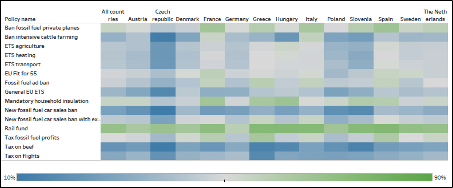
Summary of results: Each cell reports the percentage of support for each of the 15 climate policies at the EU & national level
See more on the online dashboard
Policy implications
“These preliminary results highlight important heterogeneity of climate policies support in Europe, but also a potential way to garner majority support for effective climate action”, adds Johannes Emmerling, coordinator of the CAPABLE project.
These findings highlight the diversity of climate policy support, emphasizing the need for a tailored and multidimensional policymaking approach to develop robust constituencies for feasible and effective measures.
